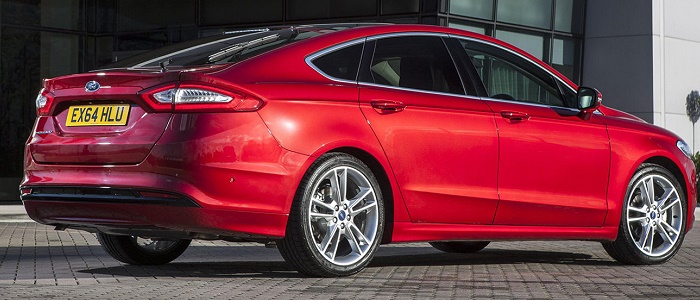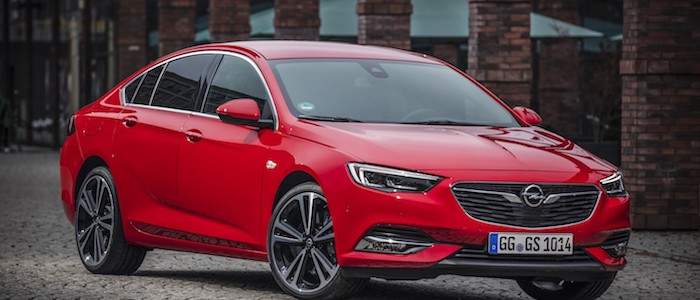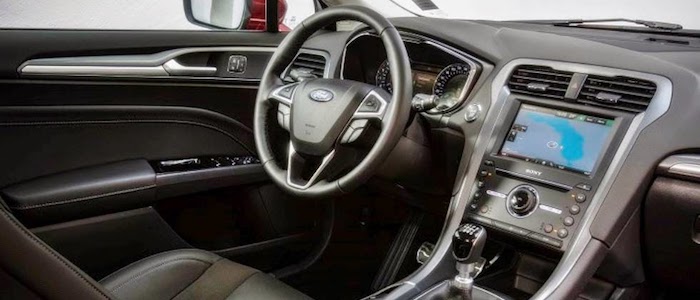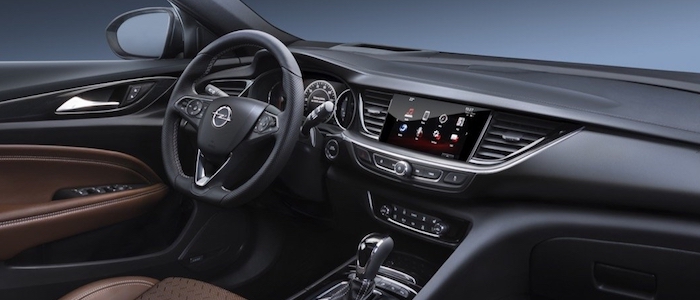Compare two cars
Compare any two cars and get our Virtual Adviser™ opinion
Marketing
Dimensons & Outlines
Engine
2.0 mJet 170
Performance (manual gearbox)
Performance (automatic gearbox)
Expenses
Virtual Adviser's™ opinion
Two significantly similar cars, no doubt about that. Still, each one has something different to offer. Having both cars powered by diesel engines and utilizing the 5-door hatchback body style within the same 'Large family car' segment, the only major difference here really is their wheel drive configuration (4 x 4 for the Ford and front in the case of the Opel). The first one has a Peugeot-engineered powertrain under the hood, a 4-cylinder, 16-valves 180hp unit, while the other one gets its power and torque from a 4-cylinder, 16-valves 170hp engine designed by FIAT.
SafetyBoth vehicles got tested by European New Car Assessment Programme (Euro NCAP), with the same number of safety stars gained in the process. Moving further on, let's take a closer look at some additional safety-related facts. Both vehicles belong to the large family car segment, which is generally a good thing safety-wise, still it doesn't help us solve our dilemma, does it? Furthermore, if we'd like to consider vehicle mass in this context too, which we definitely should, the American car offers a marginal difference of 6% more metal.
ReliabilityI don't like generalizing things when it comes to reliability, although it does seem that Ford does have a slight advantage, at least on all of the models level. These are the official statistics, while our visitors describe reliability of Ford with an average rating of 4.4, and models under the Opel badge with 4.2 out of 5. The same official information place Mondeo as average reliability-wise, and Insignia is more or less at the same level.We should definitely mention that owners of cars with the same powertrain as the American car rank it on average as 4.5, while the one under the competitor's bonnet gets 4.6 out of 5.
Performance & Fuel economyOpel is a bit more agile, reaching 100km/h in 0.6 seconds less than its competitor. In addition to that it accelerates all the way to 226 kilometers per hour, 1km/h more than the other car. When it comes to fuel economy things look pretty much the same for both cars, averaging around 5.2 liters of fuel per 100 kilometers (54 mpg), in combined cycle.
Verdict
Ford appears just a bit more reliable, although the difference is truly marginal. The most important thing when deciding between any two vehicles should always be safety, both passive and active. In my opinion, everything taken into account, the American car offers slightly better overall protection and takes the lead. From there things take a different direction, with Opel offering somewhat better performance, just enough to call it quicker. Fuel consumption is more or less the same. At the end, as much as I'd like to give you a winner here, it's simply a pure tie if you ask me. In any case that's my personal view, built upon all the data available to me. What should decide here though is the way you feel about the two vehicles, and I hope you'll find my guidelines useful in the process. In case you have two minutes to spare I invite you to define your needs, desires and budget and see which car would be chosen by the virtual adviser™, among more than 12.000 different ones in our database.



































